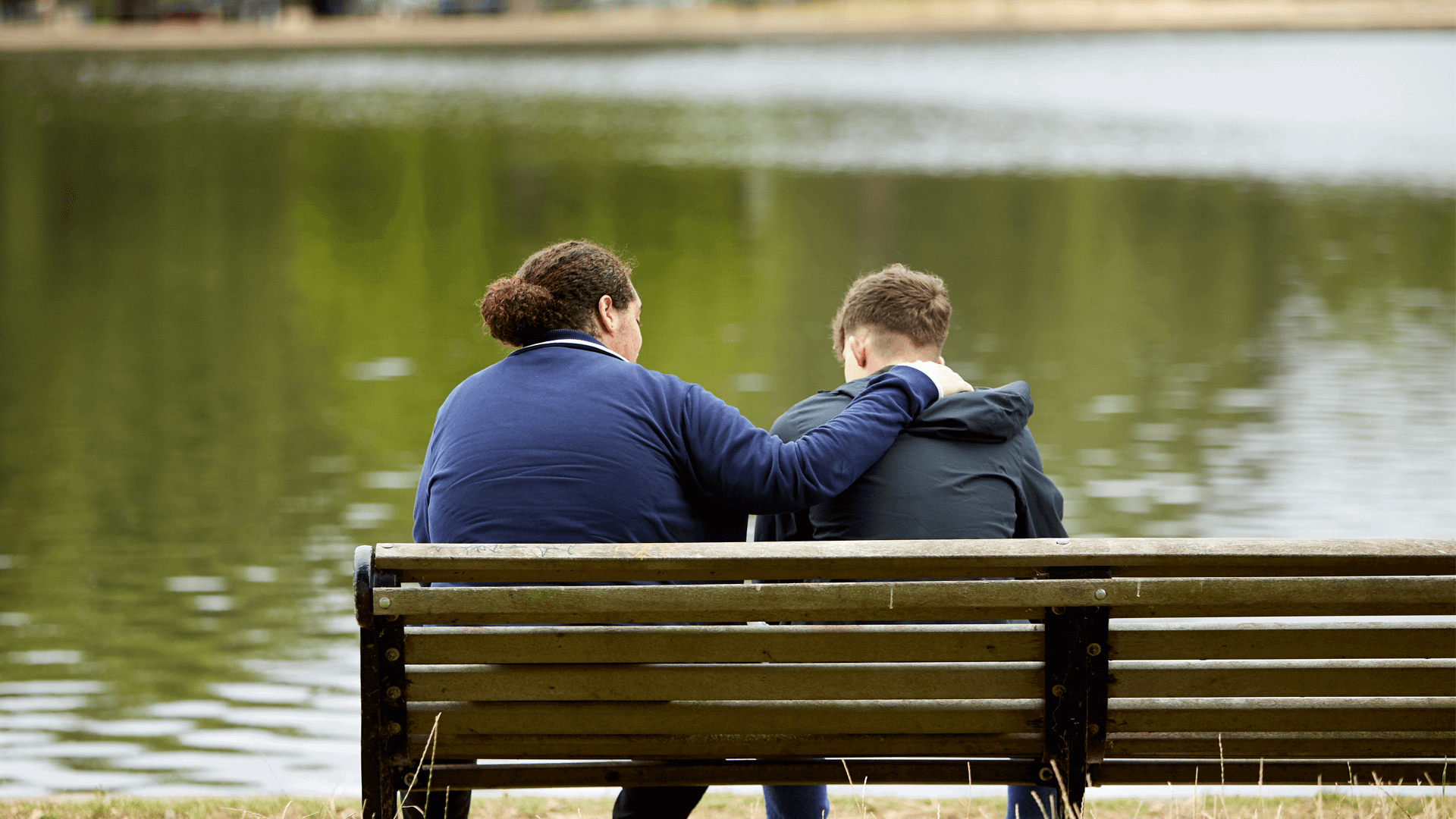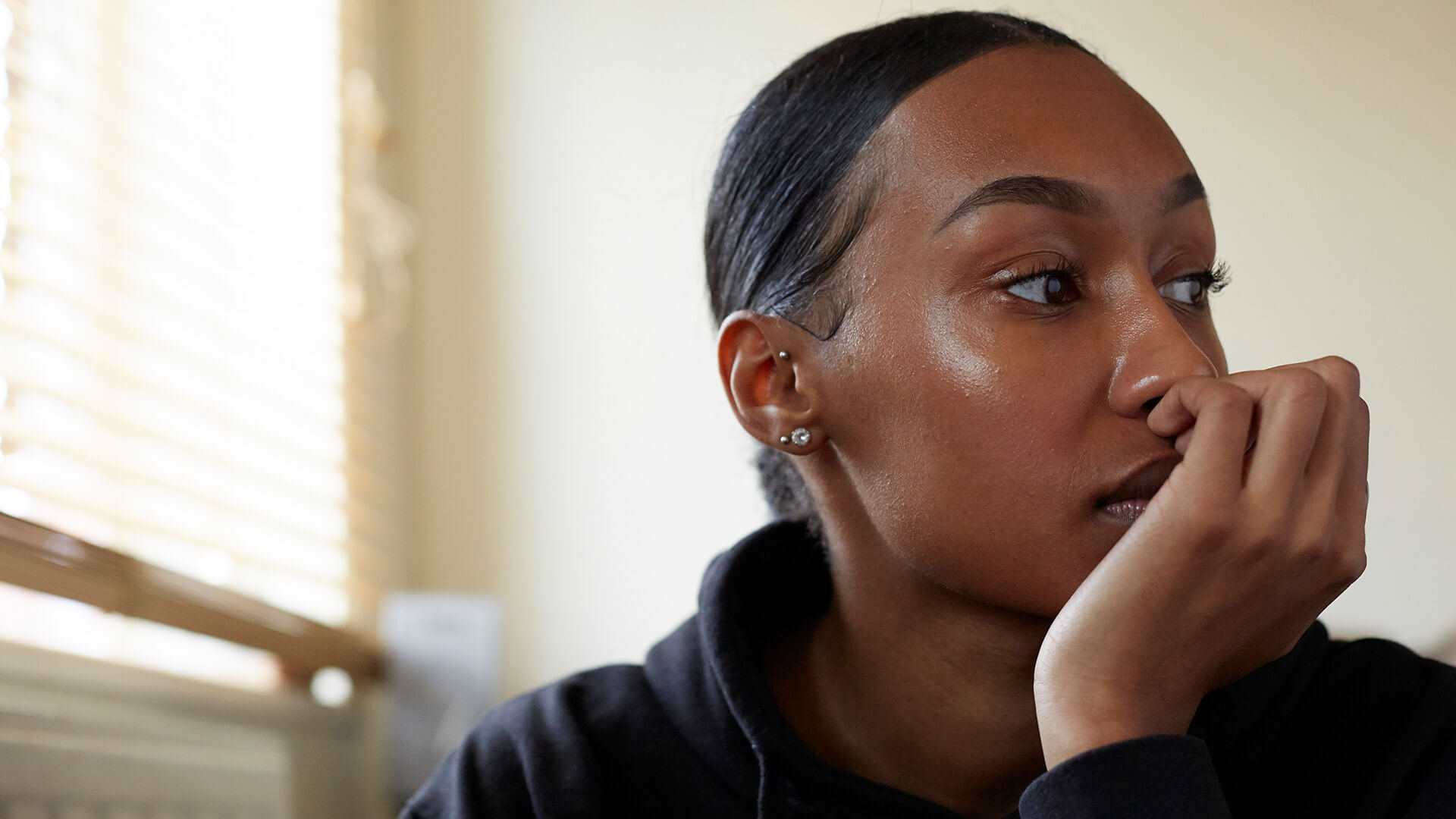If you're in an uncomfortable situation
When we are with friends, there might be times where we don’t want to take part in an activity that makes us feel uncomfortable. If you are in that situation, it’s important to say how you feel and that you don’t want to take part. If your friends keep trying to get you to take part in something you don’t want to do like drinking alcohol speak to a trusted adult about how you are feeling. You need to make sure that you feel safe, so if you do feel at risk, reach out to professional services.
You may worry that by not doing something that your friends are doing, you will be left out, or it will damage your friendship. But a good friend shouldn’t pressure you to do anything you’re not comfortable with. You deserve to have friends that accept your decisions and make you feel as though your feelings are valid.






